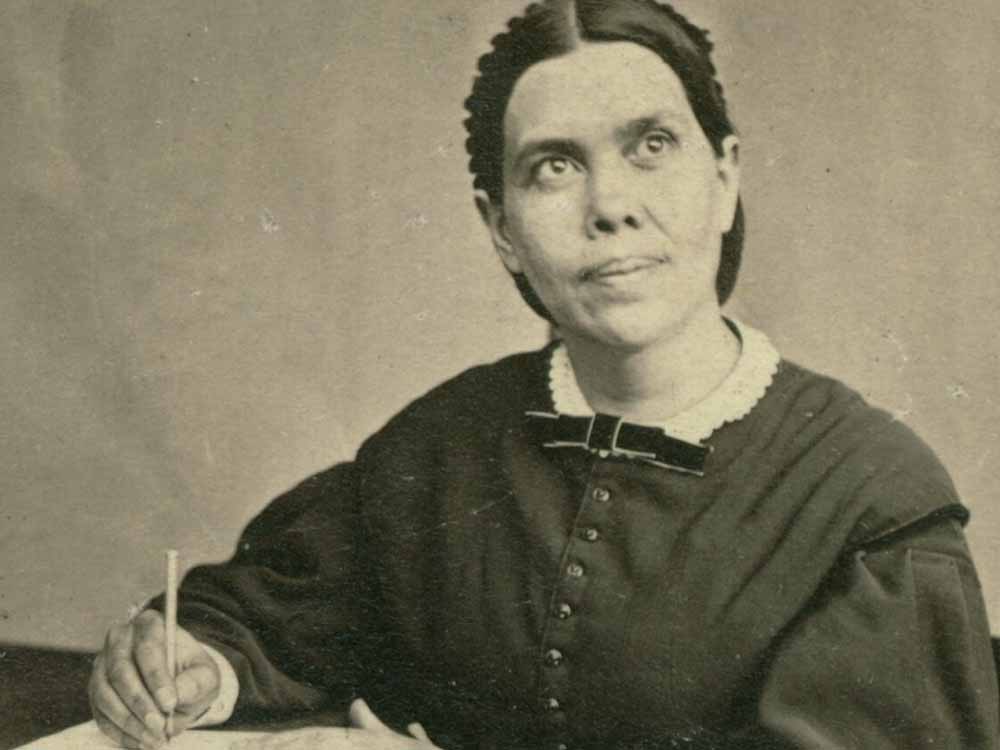Ellen G. White – A Founding Figure of Seventh-day Adventism
Ellen Gould White, born in 1827, was a co-founder of the Seventh-day Adventist Church and a key figure in the development of its doctrines and beliefs. Her visionary experiences and prolific writings have had a lasting influence on the Adventist movement.
Early Life and Spiritual Journey
Ellen Harmon, as she was known before marriage, experienced spiritual visions from a young age. Her family became early adherents to the Millerite movement, which predicted the Second Coming of Christ in the mid-19th century. After the Great Disappointment of 1844, Ellen, along with other disappointed Millerites, sought spiritual understanding.
In 1846, she married James White, another Millerite, and together they played pivotal roles in the formation of what would become the Seventh-day Adventist Church.
Prophetic Ministry and Writings
Ellen G. White claimed to have received numerous visions and messages from God throughout her life, conveying guidance on matters of faith, health, and practical Christian living. Her prophetic ministry was foundational to the development of Seventh-day Adventist beliefs.
White’s extensive literary output includes books, articles, and letters that continue to shape Adventist theology. Notable works include “The Great Controversy,” “Steps to Christ,” and “The Desire of Ages.” Her writings addressed topics ranging from health and education to biblical interpretation and eschatology.
Health Reform and Lifestyle Guidance
Ellen G. White was a strong advocate for health reform within the Seventh-day Adventist community. Her teachings emphasized the connection between physical health and spirituality. She played a key role in the establishment of the Battle Creek Sanitarium, a health institution that promoted vegetarianism, exercise, and other health principles.
White’s emphasis on a holistic approach to health and lifestyle has had a lasting impact on the Seventh-day Adventist Church, which continues to promote healthful living and dietary choices.
Legacy and Continuing Influence
While Ellen G. White passed away in 1915, her legacy endures in the Seventh-day Adventist Church. Her writings are considered authoritative by many Adventists and are integral to the church’s doctrinal framework. The Ellen G. White Estate, established to preserve and promote her writings, continues to play a crucial role in disseminating her works.
In 2011, the impact of Ellen G. White’s teachings was evident in the global Seventh-day Adventist community. The church, with millions of members worldwide, continued to draw inspiration from her writings, contributing to its growth and influence.
In conclusion, Ellen G. White, a foundational figure in the Seventh-day Adventist Church, left an enduring legacy that extends far beyond her lifetime. Her visionary experiences, prolific writings, and emphasis on health reform have shaped the beliefs and practices of the Seventh-day Adventist community. While she lived during the 19th century and passed away in 1915, her influence remains a significant force within the Seventh-day Adventist Church in 2011 and beyond.











